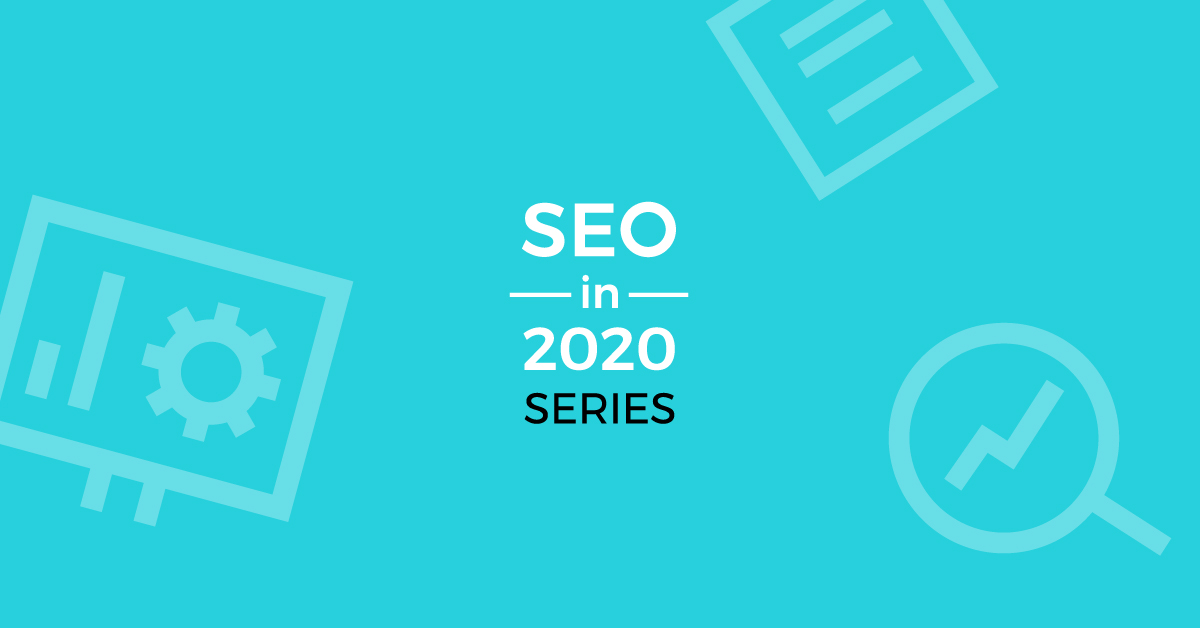

Where to start with your SEO strategy in 2020? Not just any strategy, but an intelligent SEO strategy that will take you beyond 2020. Since the early 2000s when I started learning about SEO a lot of things have changed, e.g. structured data, progressive web apps (PWA) and social content. I’ve decided to share all the trade secrets that will help you understand the foundations of SEO.
Developing an intelligent SEO strategy
The Search Engine Optimisation (SEO) industry has developed massively over the years. All of these new developments pose some challenges to everyone who wants to stay up to date. The aim of this list is to provide an overview of the most important SEO topics that are still relevant in 2020. You need to understand them inside out to develop an intelligent SEO strategy. It will save you time in case you are thinking of doing a course. I’ll aim to add and link a new post at least once per week. The whole SEO strategy blog series should form a complete SEO guide that you typically get after finishing a course.
Disclaimer: The term technical SEO is misleading, perhaps it was invented by SEO consultants who want to create an aura of some next level knowledge! Technical SEO typically relates to all indexation or website issues, but whether it’s content or fixing your website, it’s just SEO as it impacts your search engine rankings. Therefore I don’t differentiate between technical and SEO, it’s just SEO.
List of SEO topics you need know to develop your strategy
- SEO ranking factors – learn the rules of the game before you start
- On-page optimisation – how to optimise content for SEO, what are the most important on-page factors that are within your control, which you can’t ignore
- Keyword research – understand how people search and what keywords to select to optimise your pages / website, also learn how the keyword research informs the information architecture of the website
- Technical SEO Website audit – how to build a search engine friendly website, everything you need to know about web development and SEO, including content management systems, e-commerce and database driven sites. Download our SEO audit template.
- Indexation – the most fundamental and the most often neglected SEO topic, learn how to monitor your indexation and how to ensure that your pages are indexed
- Content creation – how to plan, write and optimise the content of your blogs and other pages to continue improving your rankings
- Duplicate content – what is duplicate content, let me try to dispel some common myths and provide solutions
- Link analysis – monitor, identify link opportunities by studying your competitors and your own links, including the intersect report
- Link building – the most common methods to acquire links and increase your domain authority
- Google search console – probably the most useful SEO tool, it’s also free and available from Google – meaning the information is unique, it’s an SEO must-have
- International SEO – optimising sites for regional, language or country-specific queries has some nuances that need to be taken care of. Being in Switzerland, we’re very familiar with the international aspects of SEO – we typically work in at least two languages, often more.
- SEO tools – an overview of my minimalistic SEO toolkit with ahrefs, Google search console & screaming Frog
- Progressive Web Apps (PWA) & SEO – when you think you’ve learned it all, PWAs provide a true curveball to all SEO experts, it’s the fastest developing new area of SEO, poses a lot of challenges to everyone who wants to optimise PWA.
- Website relaunch – how to plan website migration and relaunch to avoid any loss in organic traffic, here’s a checklist and some best practice tips
- Ongoing SEO – often customers are stuck with their SEO progress, so this article talks about what you can do to incrementally improve your visibility and how to stay on top of the SEO game
- Getting to #1 ranking – How to get a page rank number one for a competitive term, such as SEO Agency
Additional reading
- All SEO and website auditing tools – review of a broader range of tools for analysing websites and SEO
- SEO for WordPress
- SEO for Django CMS
- SEO for E-commerce websites
- SEO for Prestashop
- SEO for Magento
- SEO for Shopify
- Improving SEO with Cloudflare – our experiences